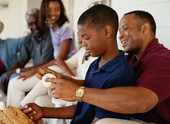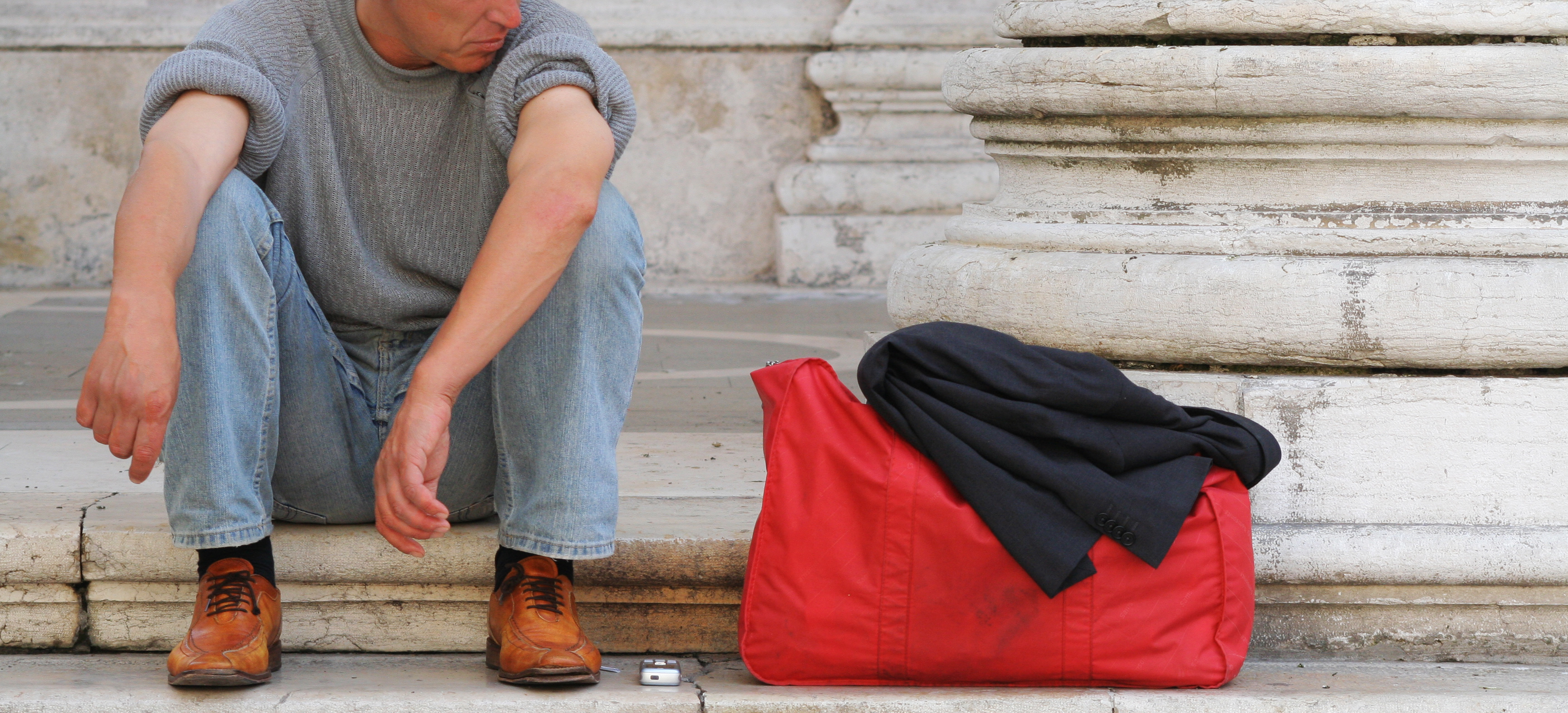
MONDAY, Jan. 6, 2014 (HealthDay News) — Although children who feel good about themselves might thrive on praise from their parents or other adults, exaggerated compliments could have the opposite effect on kids with low self-esteem, researchers have found.
Adults might sometimes try to boost children’s confidence with high praise. But this type of inflated encouragement might put too much pressure on kids with low self-esteem, causing them to shy away from challenges, a new study suggests.
“Inflated praise can backfire with those kids who seem to need it the most — kids with low self-esteem,” study lead author Eddie Brummelman, a visiting scholar at Ohio State University, said in a news release from the Association for Psychological Science.
In conducting the study, which is scheduled for publication in the journal Psychological Science, the researchers defined inflated praise as a compliment that included an additional adverb or adjective. For example, rather than a simple compliment (e.g. “You are good at this”), inflated praise would include an extra word (“You are incredibly good at this”).
Adults naturally shower kids with low self-esteem with twice as much inflated praise, the researchers found. Too much praise however, might actually discourage children from taking on greater challenges, said Brummelman and his colleagues.
In a second experiment conducted in participants’ homes, 114 parents gave their kids 12 timed math tests. Several days before the tests, the kids completed an assessment that measured their self-esteem.
After the math tests, the parents scored their child’s work. The researchers were not present in the room, but videotaped the testing sessions. Following the tests, they counted the number of times the parents praised their child. They divided the compliments into two groups: inflated praise and non-inflated praise.
The study showed that parents praised their children about six times throughout the testing session. The most common non-inflated compliments included “Well done!” and “You’re good at this!”
The researchers pointed out, however, that 25 percent of the praise was inflated. The inflated compliments most often used were “You answered very fast!” and “Super good!”
Parents gave more inflated praise to children with low self-esteem than kids with a lot of confidence, said study co-author Brad Bushman, professor of communication and psychology at Ohio State.
“Parents seemed to think the children with low self-esteem needed to get extra praise to make them feel better,” Bushman said in the news release. “It’s understandable why adults would do that, but we found in another experiment that this inflated praise can backfire in these children.”
In a third experiment, 240 children drew Wild Roses, a famous Vincent van Gogh painting. These kids received a note with either an inflated compliment or a non-inflated compliment from someone identified as a professional painter, or no praise at all.
After they received their note, the kids were told to copy another picture. This time, however, they could draw anything they wanted. The kids were told that if they chose an easy picture, they wouldn’t learn much. They also were told that they might make mistakes if they chose a difficult picture, but that they would learn a lot.
The study showed that kids with low self-esteem were more likely to select an easier picture if they received inflated praise. Meanwhile, kids with high self-esteem who were given inflated praise were more likely to select a difficult picture.
“If you tell a child with low self-esteem that they did incredibly well, they may think they always need to do incredibly well,” said Brummelman, who is also a doctoral student in psychology at Utrecht University in the Netherlands. “They may worry about meeting those high standards and decide not to take on any new challenges.”
“It goes against what many people may believe would be most helpful,” Brummelman said. “But it really isn’t helpful to give inflated praise to children who already feel bad about themselves.”
More information
The American Academy of Pediatrics has more about how to boost children’s self-esteem.
Copyright © 2025 HealthDay. All rights reserved.

